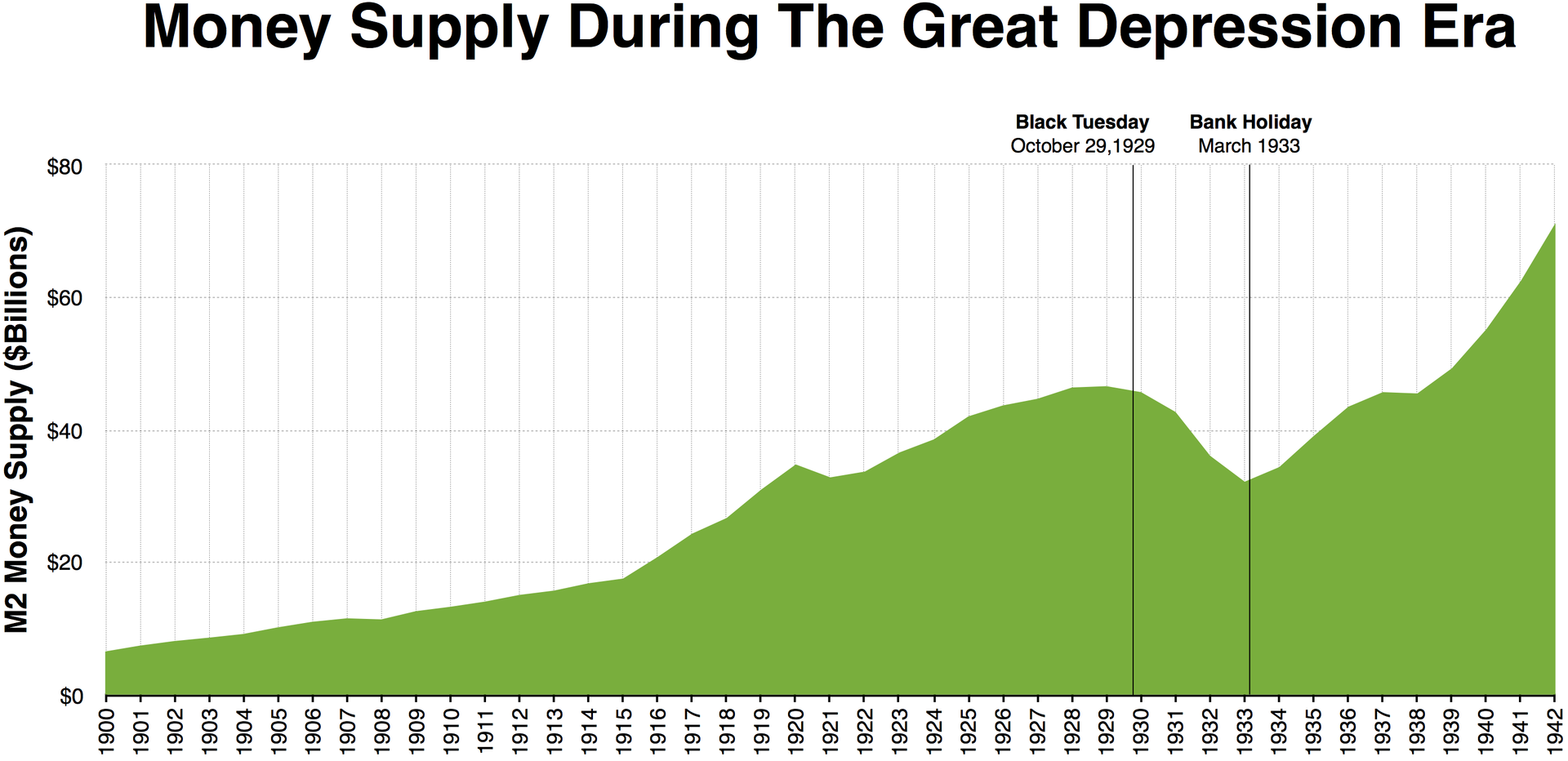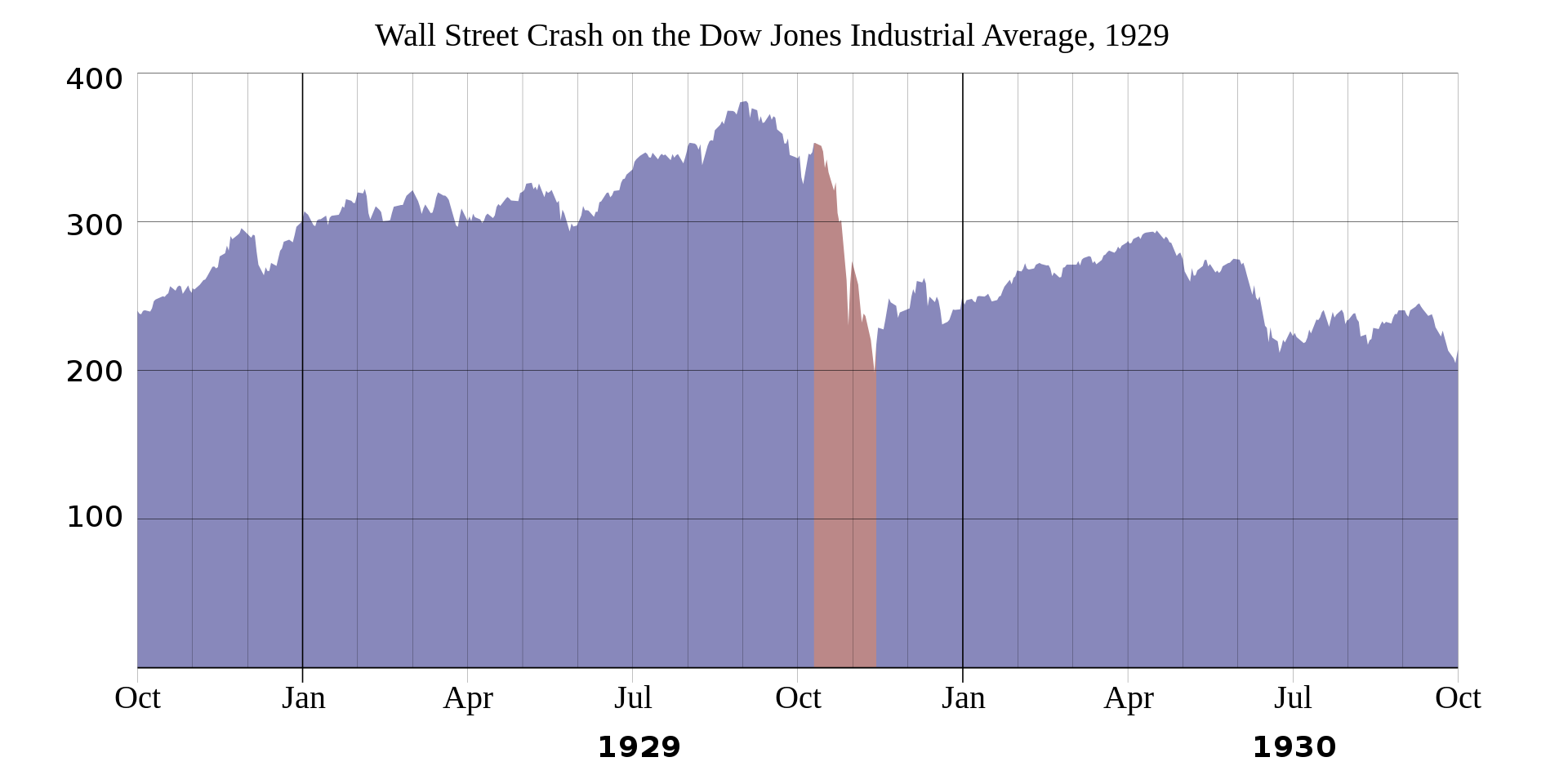History Of Capitalism
- Few hundreds of years ago capitalism was an alien concept.
- People did not exchange goods and services in exchange of money. Kings owned all the land and people served them for free. The idea of lending money or getting ahead or business for profit was an x-rated activity. Kings,queens and churches ran the show.
- By the late 1700s, the world had opened up for business with brisk trade between nations and markets were cropping up everywhere. The new merchant class became more powerful than dukes and princes.
- The merchant made the transition to capitalism by making profits from the ownership and control of the means of production.
- In the past few years we have realised that democracy includes free enterprise, the right to make things, buy and sell things, own land, car, house, business which until now, half of the world population couldn't do.
- 1602- World’s first popular stock United Dutch East India company was formed. Millions of money raised in stock sale to outfit a few ships- which were to be sent off to India to bring Eastern merchandise. First adventures to far off lands were funded by these investors.
- Dutch West India investment was another stock company wherein- Peter Minuit bought Manhattan for $24. If the company stayed in business till date, it would have owned the expensive Downtown of New York now. Seeing Dutch, the English followed suit.
“Every school child learns how the Pilgrims risked their lives to find religious freedom, how they crossed the cruel ocean in a tiny ship, the Mayflower, how they suffered through the cold New England winters, how they made friends with the Indians, how they got their squash and pumpkin recipes, but nothing about the remarkable story of how they got their money.” - In short, America Inc. was sponsored by a lot of money coming in from England and Holland.
Early entrepreneurs and Father of Financial System-
- America was the first country to adopt the idea of companies on a large-scale. No other industrial Nations -Great Britain, France, Germany or Japan had adopted this.
- Alexander Hamilton was the Father of the Financial system. During those times, banking was a controversial subject and paper money was distrusted. He realised that the country couldn't get along without money and for money it needed banks. Bank of New York was the first stock to trade on the NYSE in 1784.
- Just to bring things into perspective- In 1830, 31 shares changed hands.In 1995, 338 million shares traded on the same day.
Concept of Free markets and Capitalism was introduced for the first time
- “Market” was opening all over the place and a new breed called “economists” emerged to describe what happens when individuals have freedom to seek their fortunes. Invisible hand was coined by Adam Smith how the market forces, supply and demand and price could take care of itself in a free economy market.
- “Self- accumulation” and “capitalism’” was finally considered a positive impulse and created opportunities, an increase in overall Pie, unlike the feudal system which existed for centuries.
American inventiveness
- Capitalism brought machines to life which was America’ response to lack of manpower. People were amazed with American products and the system of manufacturing that standardized the quality of each item to get standardized products. (the first factories and mass production- assembly lines)
National brands
- A thousand trademarks got registered in the US and jingles were created which pop even today. Mass production became the watch word of the day. Household products became celebrities.
- Machine age and Mass production came along so fast that people hardly had time to prepare for it. Property laws had to be rewritten, New rules of communication established.
- Foreigners bank-rolled (sponsored) America’s fantastic progress by investing in America’s emerging market and 150 years later America is returning the favour by investing huge sums of money in emerging markets of Asia, Africa and LatinAmerica.
- Capitalism meant new machines, insecticides and harvesting equipment and made America the most effective Food bank on earth.
Railroads and Commerce
- Major railroad expansion opened up the territories. Heavy industrialisation caused all traditional homemade products to be brought into stores.
- Thomas Edison’s invention of ticker-tape. Every time a stock was bought or sold, a record of this would help people, all around the world, to know about how stocks were doing from far off.
- People from all over the world came to America because however bad situation was over here, it was better than the situation back home. Life was better in America. It was known as the land of opportunity.
The Industrial era and Monopolies
- Soon after the establishment of America Inc. Monopolies became a big threat to American life, with few insiders controlling prices and wages free market, capitalism would cease to exist. The unions, newspapers, courts and some courageous political leaders all had a hand in rescuing America from a greedy few.
Dows Famous Average
- Henry Dow put together 11 important stock and closing prices and divided it by 11 and was called the Dow’s average. Helped people to follow the overall stock market.
Karl Marx and theory of Communism
- Karl Marx projected that at the rise of machinery, working hours would prolong and paycheck will become less. This was proven wrong. And instead, working hours were reduced with the invention of efficient machinery and pay became better. So, countries with factories became prosperous and Communist system was thrown over in Russia.
Famous crash of 1929
- In 1929, the American stock market and economy took a deep plunge. It was the most pernicious collective phobia that kept millions of people from buying stock and making profits they could’ve used.
- The Great Depression brought the economic slowdown and government mishandling of the money supply by raising interest rates at the wrong time. Instead of putting more cash in circulation to perk up the economy, the government did the opposite, pulling cash out of it. The economy came to a halt.
- But now we found a permanent cure for depression. As long as the Government and its army of spenders is throwing money around, the economy may slow but never come to a halt like in the 1930s.
- In fact, what we learnt is that stock would bounce back as always eventually. Looking at the positive side a crash is the Unique opportunity to buy stocks cheap but sometimes it can take a lot of time to recover.


Source: Wikipedia
Investor protection
After the crash, the following changes were incorporated in stock exchanges to ensure better investor protection.
- Introducing truth in Advertising laws
- Strict rules details report by companies
- Insider trading was prevalent but now banned
- Market manipulation by Robber barons was strictly taken care of
- SEC was established
- Very tight scrutiny on trading stock policies



